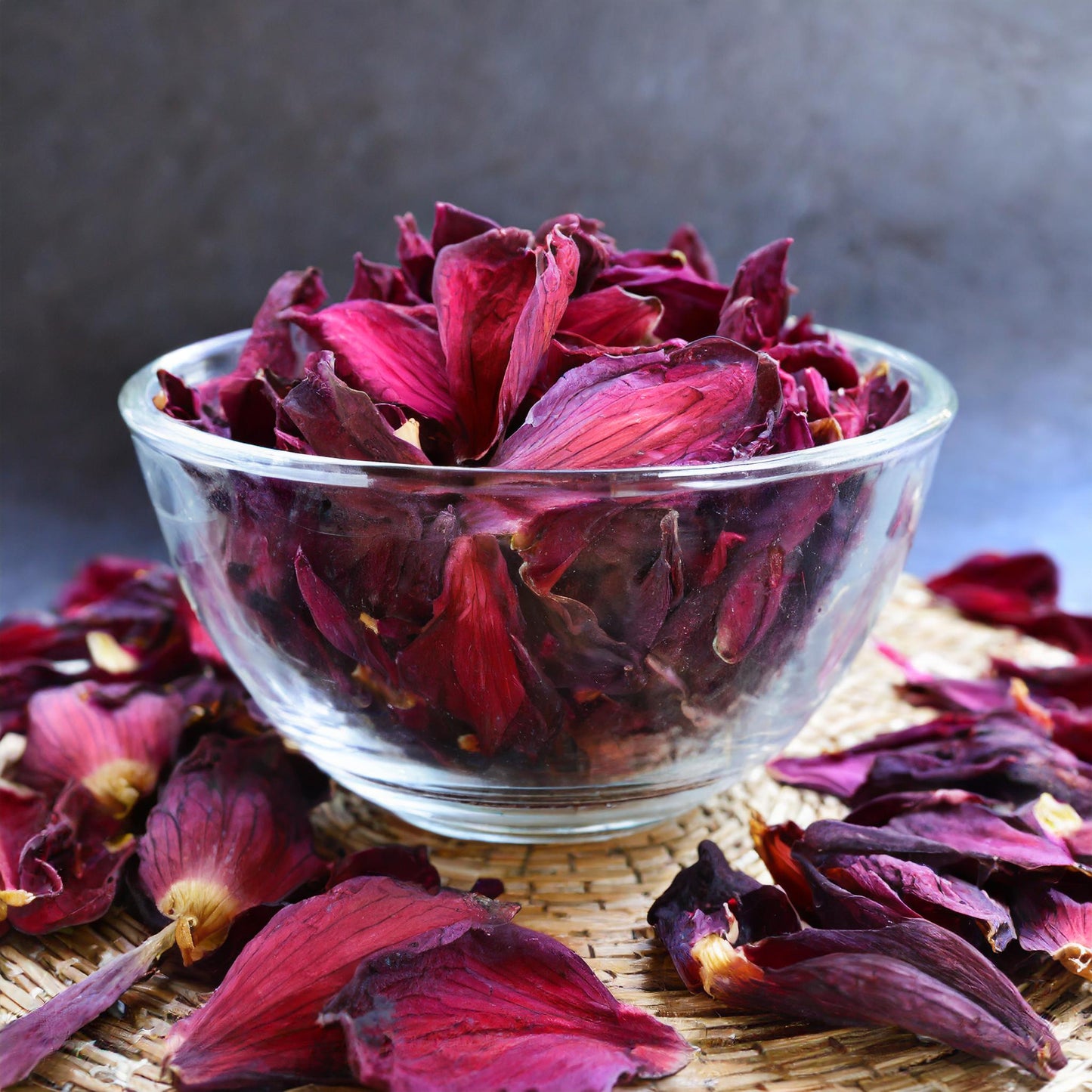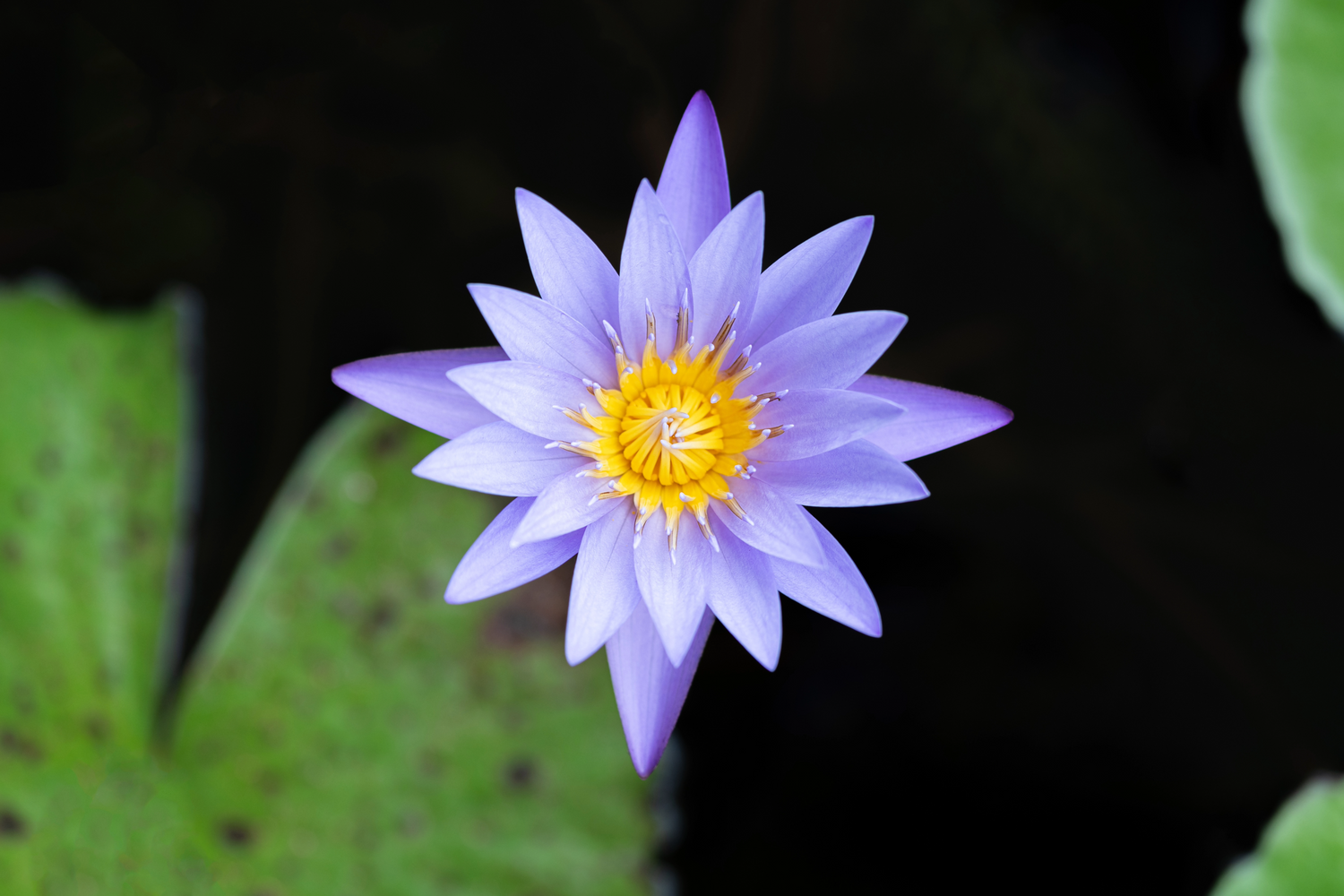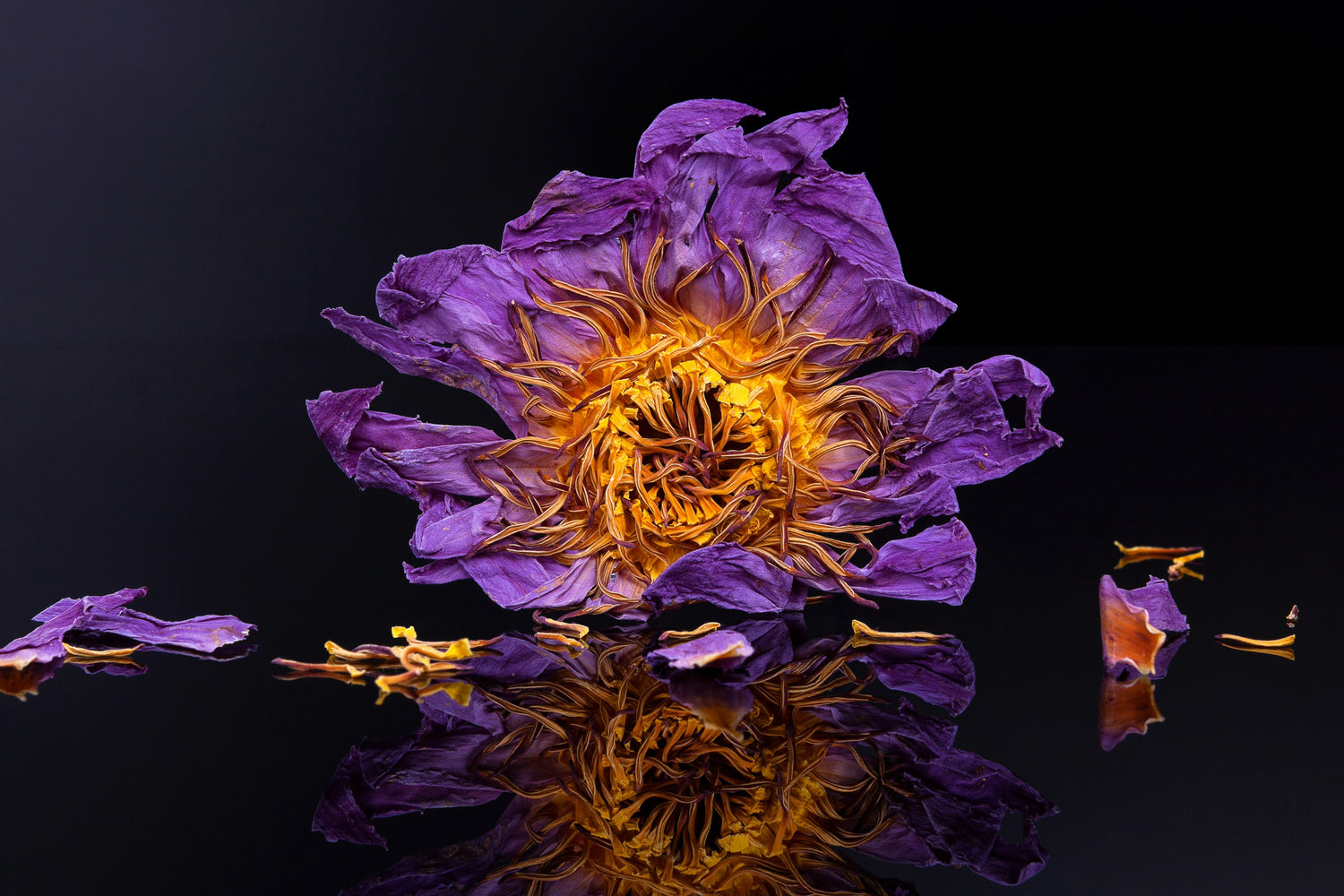
Healing Herbals
Red Lotus Loose Leaf Tea
Red Lotus Loose Leaf Tea
Couldn't load pickup availability
Red Lotus Loose Leaf Tea | Healing Herbals
A wonderful new variety of lotus tea in our store- Red Lotus Loose Leaf Tea!
This is a wondering variety- not a lot of information on the internet about this plant- from our experience red lotus is a very enjoyable borderline sedative drink. Very relaxing and also psychoactive similar to the blue lotus water lily variety. Red lotus is a nice dark red / blue with aspects of black, perfectly died and ready for storage / tea,
Share

I purchased this product not really knowing what to expect. I have a bit of anxiety and deal with ADHD and have been looking for holistic methods of managing the symptoms. The product is advertised to have calming effects and I am hear to report that these claims are valid. *Disclaimer: I did not use this product as recommended. The product is advertised as tea but I often smoke blue lotus petals in the form of joints or out of a pipe. The smoke is really smooth and did not burn my lungs. Each puff helped me sink deeper into a relaxed state with feelings of euphoria, and peace. The chaos that is usually taking place in my head was quieted down and I am able to focus on my tasks as well as aiding in my creative process. I highly recommend giving this product a try.

Blue Lotus and Quality
Healing Herbals works closely with small family lotus farms and through sustainable and ethical sourcing of Nymphaea caerulea. Our sources always grow organically, avoiding heavy synthetic fertilizers. Our blue lotus flowers come from well-managed farms or sustainably maintained wild ecosystems on private lands.

History of Blue Lotus
Blue lotus, or Nymphaea caerulea, was highly valued in ancient Egypt, appearing in art, jewelry, and temple carvings. Its striking blue flowers symbolized the sun, creation, and rebirth, and it was often included in religious ceremonies along the Nile. The plant’s presence in tombs and artifacts highlights its cultural and spiritual significance throughout Egyptian history.
Over the last 2 thousand years this flower has been cultivated, bred and ecologically diversified to include several known cultivars and varieties including the Purple Thai, Egyptian Blue, and other subvarieties.

